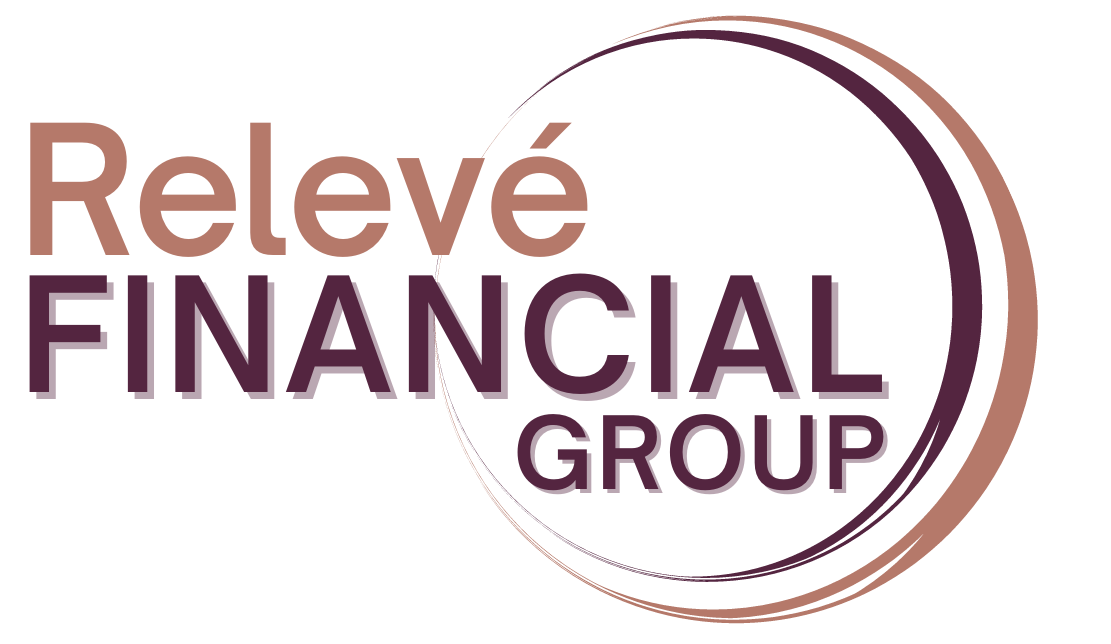We all tend to by creatures of habit, and many of us would prefer to follow our usual routines each day rather than having to deviate due to unexpected challenges. When faced with change, either through transitioning seasons, career moves, or other circumstances, many of us may start to feel anxiety and fear creep in. We aren’t comfortable with getting uncomfortable.
Much like the changes to our routines throughout the year, changing market dynamics and alterations in our investment plans can make it hard to see the positives of change in our financial plans. Our plans may become clouded by things like inflation and poor performance for a period, but we need to know how to continue with our growth and progress despite the short-term challenges we may experience.
Change, in any category of life, removes the three things we so often lean on for security: predictability, reliability, and timing. Altering these characteristics, even for just a brief period, in our lives and our finances can cause some uneasiness.
So, how can we eliminate the feelings of uncertainty specifically surrounding our finances during seasons of change?
Evaluating Income:
Most people probably think that the right income for them would simply be more income – especially when their investment portfolios may not be performing to the highest standard. However, the reality is if we don’t properly manage what we have, gaining more isn’t helpful. Having more money doesn’t change the mindset or behaviors behind our current financial status, so the notion of needing more isn’t necessarily required to improve the quality of our finances.
Instead, what is needed is an in-depth analysis of how our finances are organized and utilized to create an optimal spending plan. The place to begin is with our income. Our income from our careers should allow for savings, cover our monthly expenses and lend to some flexibility in spending around our core values. If the income being brought in doesn’t do so, the option is to find something that provides more income or increase our skills to better position ourselves for negotiating a pay increase. While this decision isn’t easy, it may be necessary to relieve uncertainty during seasons of change.
Besides the obvious financial need, we also need to evaluate if our careers are helping us to meet our values and goals, or if they’re holding us back. The benefits of a job should far exceed the number on our pay-stub, so we need to be sure we’re looking at the whole picture.
There are more aspects to a satisfying career than a paycheck alone:
- Examine responsibilities or tasks required in your current position to determine if they are meeting your personal values and goals while utilizing your strengths and your abilities and talents.
- Determine if the income is fair compensation for the work being done and can provide the desired lifestyle if managed correctly.
- Evaluate whether the position offers the growth, flexibility, and opportunity to continue pursuing long-term goals both inside and outside of work.
Earning an income is the catalyst for experiencing either abundance or scarcity, so it is vitally important to be compensated fairly – which includes more than just a paycheck. But, most importantly, our job should be utilizing our strengths on a day-to-day basis to provide fulfillment and eliminate feelings of unsteadiness or doubt.
Create a spending plan:

Once we’ve evaluated our income, creating a spending plan follows naturally. Developing such a plan requires a careful analysis for compatibility among all aspects of our finances and lifestyle.
One’s total worth includes their income, assets, debts, beliefs, purpose, strengths, values, and goals. It might seem like a lot, but when these pieces are aligned it is much easier to see and pursue the vision of LIVING WELLthy™. When these pieces are not aligned, for example, if someone’s spending far outweighs their income, it will be much more difficult to align their financial plan with their personal goals.
Many times, we spend too much time and money on things in life that provide little or no personal and/or professional value. We do this because we are attempting to fill an unmet need. We impulsively buy expensive and unnecessary items to meet our emotional needs because we feel insecure and fearful. Too often our purchases still leave us wanting more and do not solve the underlying issues.
Careless spending can hinder the growth of our personal and financial worth. A spending plan should highlight the areas where unnecessary spending is occurring and redirect those funds toward the things we value to better serve our true wants and needs, not our emotional responses. The best part? When we’re spending in the right areas, it’s guilt-free!
Consider the following to decrease financial unsteadiness:
- Committing to a set contribution amount every month despite market fluctuations can make it easier to predict the future value of a portfolio.
- Setting up a systematic bank transfer removes the need to remember to transfer funds manually and eliminates the possibility of forgetting to save on a regular basis.
- Regularly setting meetings with an advisor to monitor and make changes in our financial plan where necessary.
A spending plan should be predictable, reliable, and timely – the three things that we rely on for security.
Invest in Yourself and Your Future:
Many people hold tight to their money because they believe there isn’t enough of it, or that think having more money will guarantee happiness. However, our wealth is only limited by our beliefs and our happiness should never be reliant on our bank account.
Investing our time and our money into things that will help us achieve our personal and financial goals is the most effective and efficient way to fast-track our WELLth™. Ultimately allowing us to create more alignment in all areas of our lives.
Savings: Despite the amount of income earned, saving for the future needs to be non-negotiable. Unfortunately, we can never fully anticipate what life will throw at us, so creating a cash reserve for emergencies can minimize a large majority of our fear and uneasiness during seasons of change.
Investing: Determining goals, both short and long-term, can help guide our investment strategies and taking advantage of programs such as company match programs for retirement which can accelerate our progress.
Having the help of a qualified financial advisor can help us to greatly increase the rate of results.
Stay Focused:
Life’s responsibilities, a lack of commitment, and any number of fears can tear us away from what we truly desire in life. Having a plan with reasonable milestones can help us regain confidence – even during seasons of change.
Creating security and organization in our all areas of our lives, including our finances, can be simplified to these three things:
- Creating a solid plan that will withstand unforeseen circumstances.
- Continuing with regular accountability regardless of progress.
- Evaluating whether our values and goals are being met through day-to-day activities.
Building our WELLth™ involves a commitment of resources including our time and money. It’s time to organize our finances and create and enjoy a life we love!
 Hi there, I’m Dawn!
Hi there, I’m Dawn!
CEO, Founding Partner | Wealth Wellness Expert, CFP®, and BFA™ | Best Selling Author | It is my mission to help you think differently about your wealth so you can LIVE WELLthy™ today and tomorrow!
LIVE WELLthy™ PODCAST | LIVE WELLthy™ BOOK | LIVE WELLthy™ RESOURCES | WEALTH MANAGEMENT
